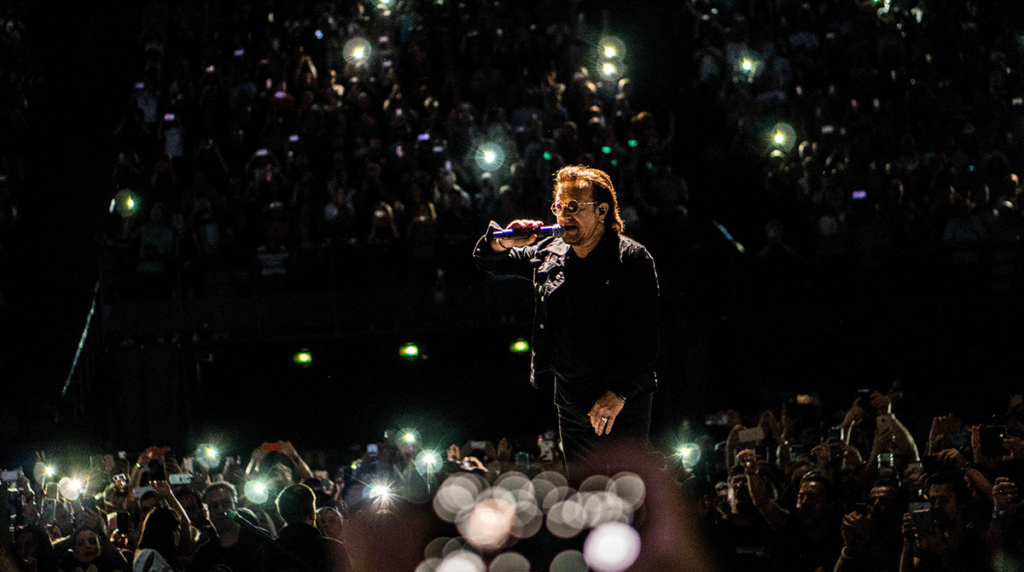
Sometimes in the middle of explaining a word or a phrase to my students, I’ll suddenly remember a song that uses the word or words in question. My students have been exposed to songs in English all their lives, so they might know it too. “You’ve probably heard the word before,” I’ll tell them, and name the song. Then I let them search their memories while I search my tablet. “Only You” was a song familiar to the 50-year-old beginners I had a few years ago, and they all sat up a little straighter in class when I played it. For the first time they were able to pick two words out of this particular, familiar blur of English. They smiled at one another, as if to say, “I heard it! Did you hear it?” They didn’t mind that the rest of the song eluded them.
It was different last month in a class of upper-intermediate students, all in their 20s, who were practicing used to. One student said he used to take piano lessons. “But I haven’t learned,” he added.
“Are you still taking lessons?” I asked. No, he said, surprised because used to is for the past.
The present perfect, I reminded him, implies continuation into the present. Haven’t learned would be for an ongoing project, and you can add still to emphasize the point.
“There’s a song,” I said, because I’d just thought of one. But I couldn’t remember the title. “It’s by U2. One of their biggest. About still looking.” His blank look suggested he didn’t know what song I meant. Appealing to the class I said, “Oh, what’s it called?”
I looked from face to face. The students looked back, just as blankly as their classmate had. “Nobody knows?” I was surprised. I repeated that the song is one of U2’s best known hits.
“What’s U2?” someone asked.
U2? The Irish rock band? One of the biggest rock bands of all time? Oh, surely you know them, I said. But no one did.
“‘With or Without You?’” I asked, to jog their memories. “‘Sunday Bloody Sunday?’” They frowned, and so did I. How could it be?
Perhaps because these students weren’t even born when the group formed in the mid 1970s, or when the band released their first album, or for the Live Aid Concert.
By then, I’d remembered the name of the song and I had a video up on my tablet. “‘l Still Haven’t Found What I’m Looking For,’” I announced, pressing play. The words billowed forth. I remember when it came out, some 30 years ago, but even so I looked around the class, ready to be delighted. I know it! Do you?
No jolt of recognition from them. A few shook their heads, one nodded cautiously. A few uncertainly conceded that they might have heard the song before. I studied them.
Looking around at these fresh faces, these university students intent on improving their English for a better shot at a good job, I remembered my 50-year-old beginners, gone now, each sinking back into a complicated life, one to elderly parents, one to the last decade of work before retirement, one to a niece with a baby and no one else to help, one to health problems, one to a new job with exhausting shifts. Even the retired one, with nothing to go back to, no wife, no children or grandchildren or family at all to moor him, was gone. I’d had the impression teaching them that they were not focused on a specific goal but on something more general and more elusive. They wouldn’t get the words of this song, but those older students would understand the continuing search.
“Listen again,” I said to the young adults, and started the song over. I don’t know why. I could have asked what the singer was looking for. Or whether he would ever find it. Or had hopes to. I didn’t. “Just listen,” I said, searching their faces.

